The Essential Guide to Canine Skin and Coat Health – Care, Diet, and Grooming
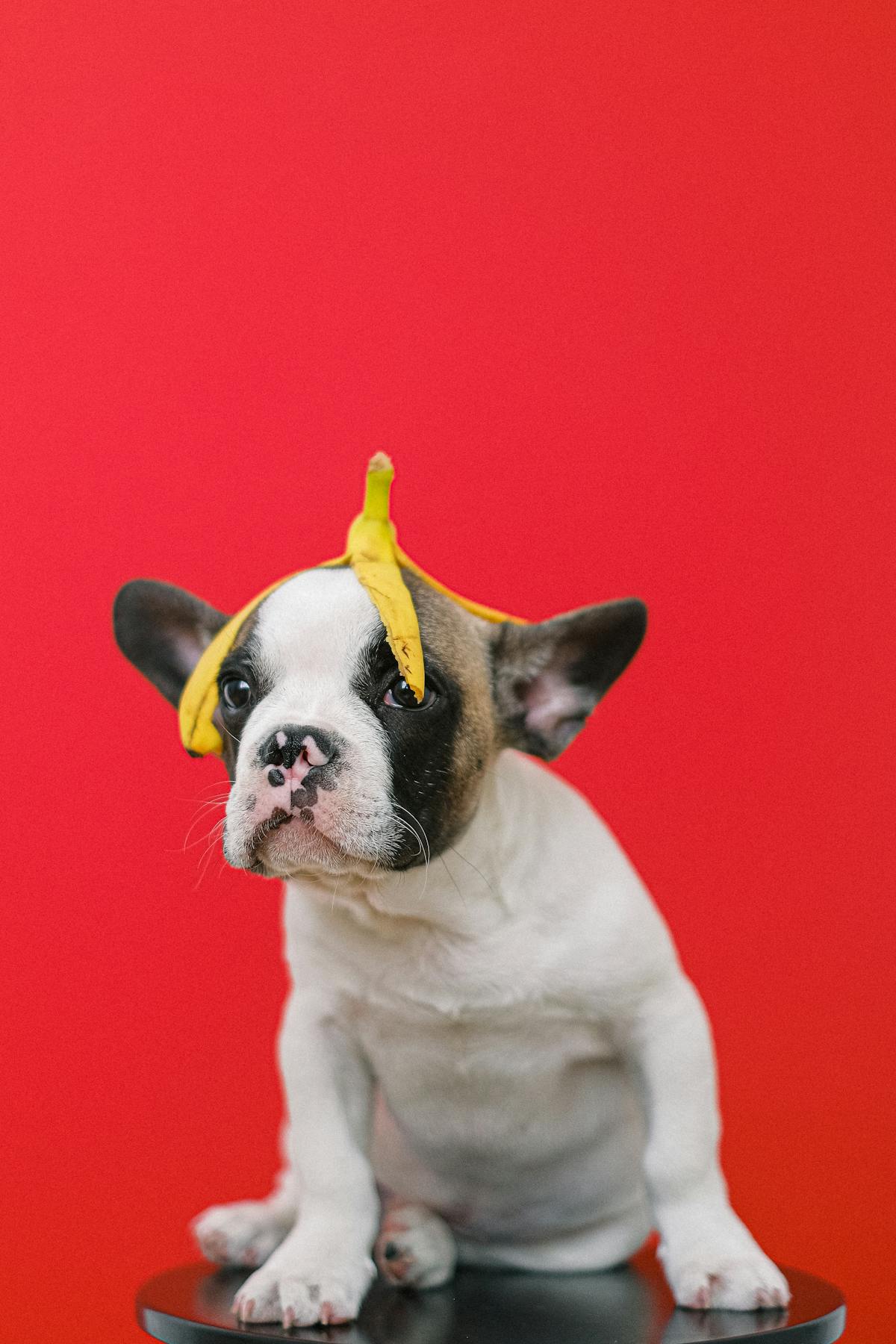
Every dog owner dreams of a pet with a soft, shiny coat and healthy, itch-free skin. The reality is that **skin and coat health** is more than just cosmetic—it reflects your dog’s overall well-being. Poor skin condition can indicate allergies, parasites, poor diet, or underlying disease. Maintaining a vibrant coat requires proper grooming, nutrition, and preventive care. This comprehensive guide provides everything you need to ensure your dog’s skin and coat remain in top condition.
1. Understanding Canine Skin and Coat

The skin is the largest organ in your dog’s body, protecting against infection, regulating temperature, and supporting the coat. The coat is composed of guard hairs, undercoat, and whiskers that provide insulation and sensory input. Healthy skin and coat are shiny, supple, and free from irritation.
- Guard hairs: Outer protective layer
- Undercoat: Insulation and warmth
- Whiskers: Sensory perception
2. Common Skin and Coat Problems
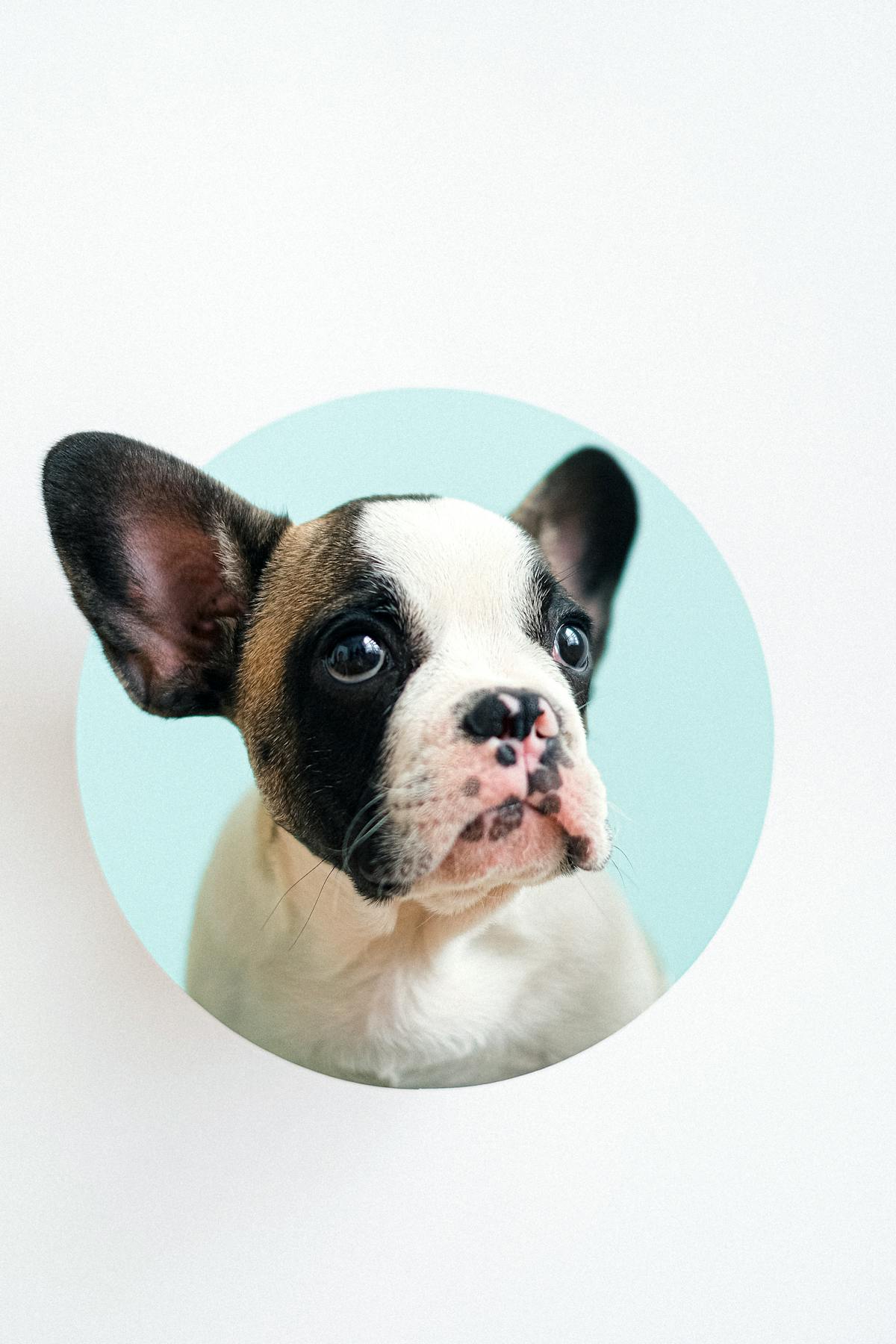
Recognizing problems early is key to prevention:
- Dry or flaky skin (dandruff)
- Excessive shedding or bald spots
- Redness, irritation, or hot spots
- Fleas, ticks, or mite infestations
- Allergic reactions to food or environment
- Skin infections (bacterial or fungal)
3. Signs Your Dog Needs Skin and Coat Care

Watch for these warning signs:
- Scratching, biting, or licking excessively
- Greasy or dull coat
- Red, inflamed, or irritated skin
- Foul odor from skin or coat
- Patches of missing fur or scabs
4. Grooming for a Healthy Coat
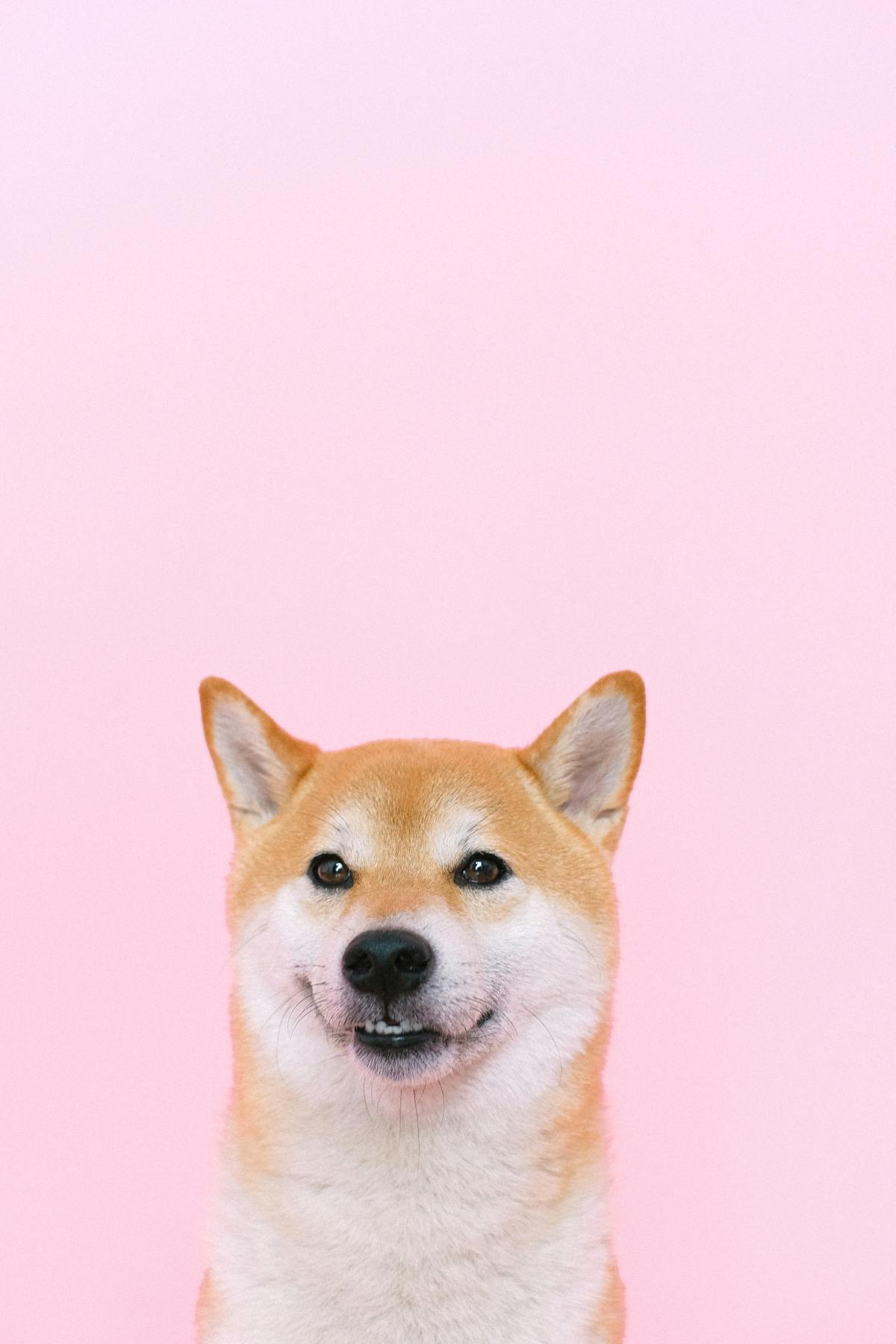
Regular grooming promotes circulation and removes debris:
- Brush coat based on hair type: short-haired dogs weekly, long-haired dogs daily
- Use appropriate brushes and combs for your dog’s coat
- Bath with mild dog-specific shampoo (avoid human shampoo)
- Trim nails, clean ears, and check for parasites
5. Diet and Nutrition for Skin and Coat
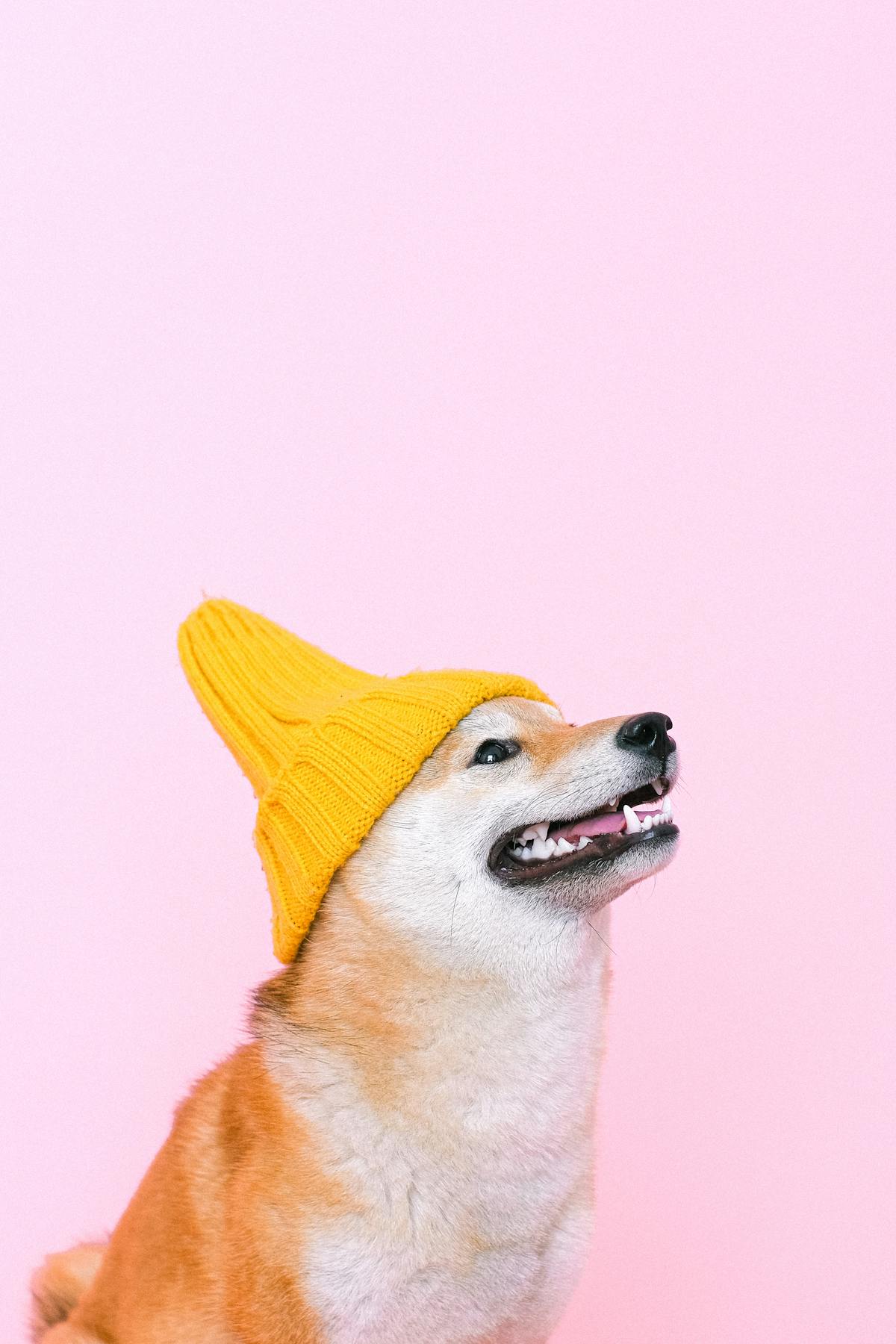
Nutrition plays a pivotal role in maintaining coat quality:
- High-quality protein for hair growth
- Omega-3 and Omega-6 fatty acids for shine and reduced inflammation
- Vitamins A, E, and Biotin for skin health
- Avoid fillers, artificial additives, and excessive grains if dog has sensitivities
- Hydration is crucial for skin elasticity and overall coat health
6. Preventing Parasites and Infections

Parasites and infections are major threats to skin health:
- Use veterinarian-recommended flea and tick prevention
- Check for lice, mites, or fungal infections regularly
- Keep bedding clean and disinfect grooming tools
- Promptly treat hot spots, wounds, or infections
7. Environmental Considerations
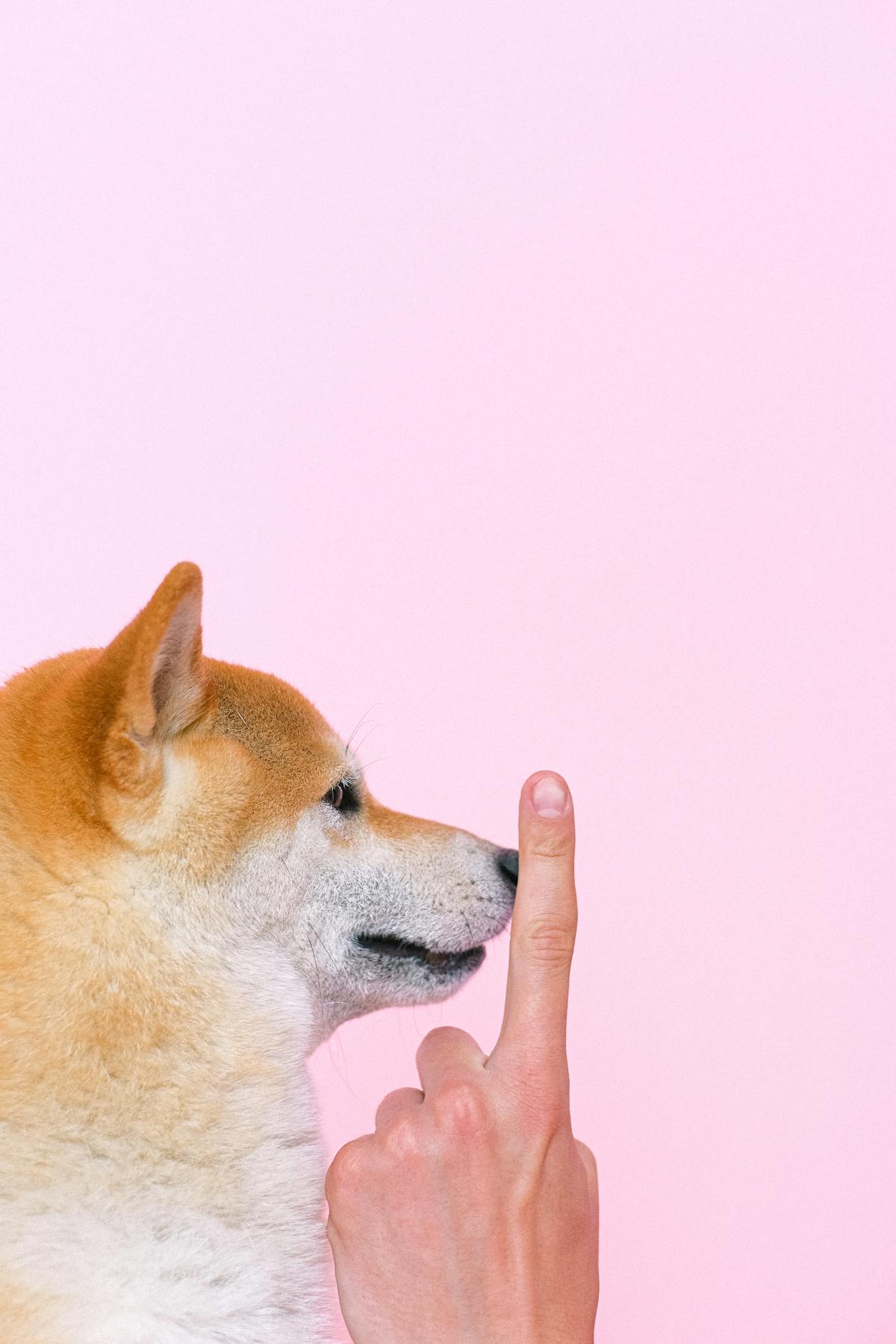
Environment affects skin and coat condition:
- Avoid extreme heat or cold to prevent dryness or irritation
- Maintain a clean, allergen-free living space
- Limit exposure to harsh chemicals, lawn treatments, or pollutants
- Provide shaded areas outdoors and a comfortable indoor climate
8. Regular Veterinary Care

Professional care ensures healthy skin and coat:
- Annual or semi-annual skin and coat check-ups
- Screening for allergies, parasites, or endocrine disorders
- Prescription shampoos or topical treatments for conditions
- Guidance on diet, supplements, and grooming routine
9. Supplements for Skin and Coat Health
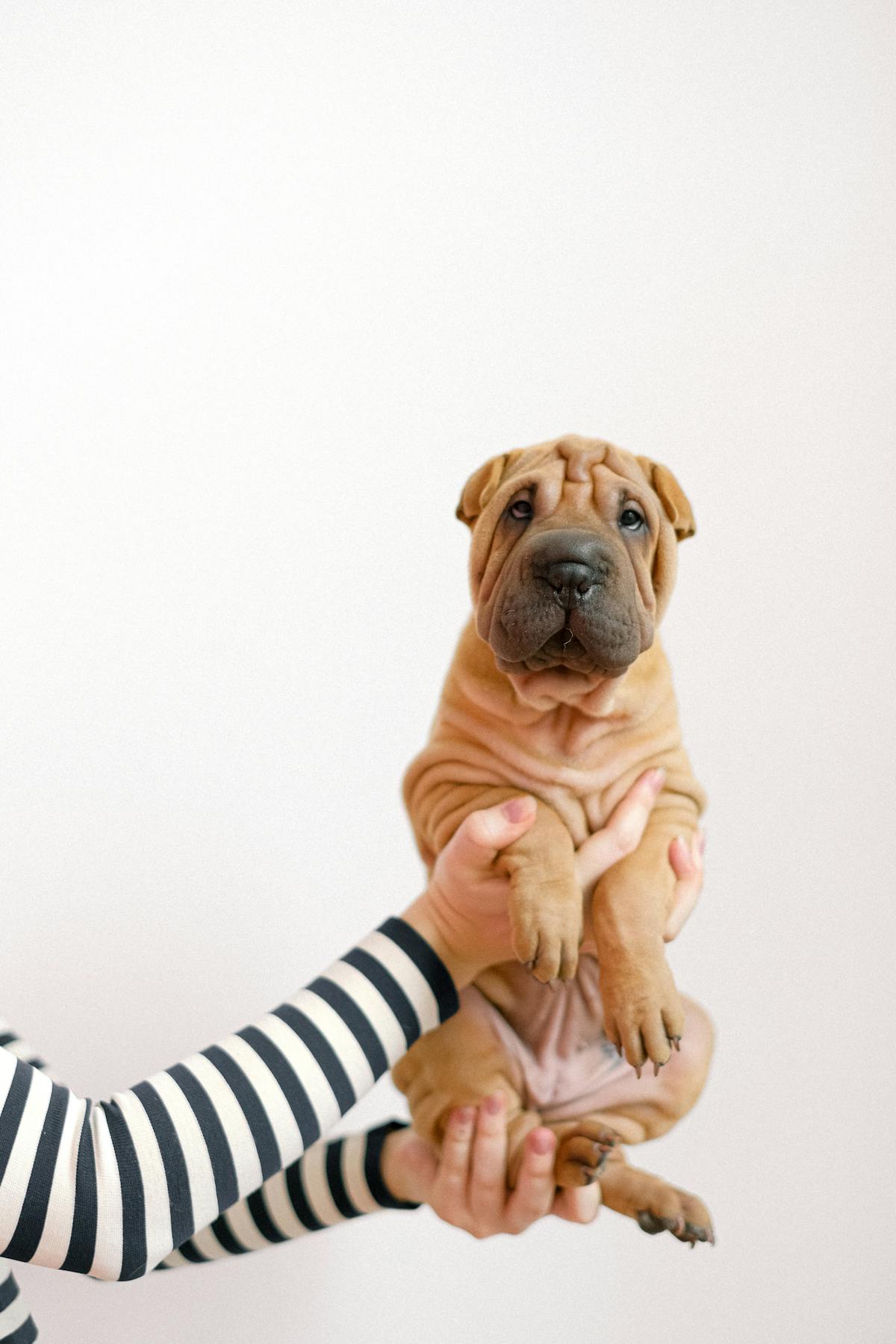
Certain supplements can enhance skin and coat quality:
- Fish oil or flaxseed oil for essential fatty acids
- Biotin or zinc for hair strength
- Probiotics to improve gut-skin connection
- Consult veterinarian before introducing supplements
10. Long-Term Skin and Coat Maintenance

Maintaining a healthy skin and coat is a lifelong commitment:
- Consistent grooming routine
- Balanced diet and adequate hydration
- Environmental control and parasite prevention
- Regular veterinary check-ups
- Monitor for changes in fur texture, shedding, or skin color
Conclusion
Healthy skin and a shiny coat are not just aesthetic—they reflect a dog’s overall health. Through **proper grooming, balanced nutrition, parasite prevention, and regular veterinary care**, you can ensure your dog stays comfortable, vibrant, and disease-free. Start early, remain consistent, and watch your furry companion thrive with soft, lustrous fur and healthy skin for years to come.
